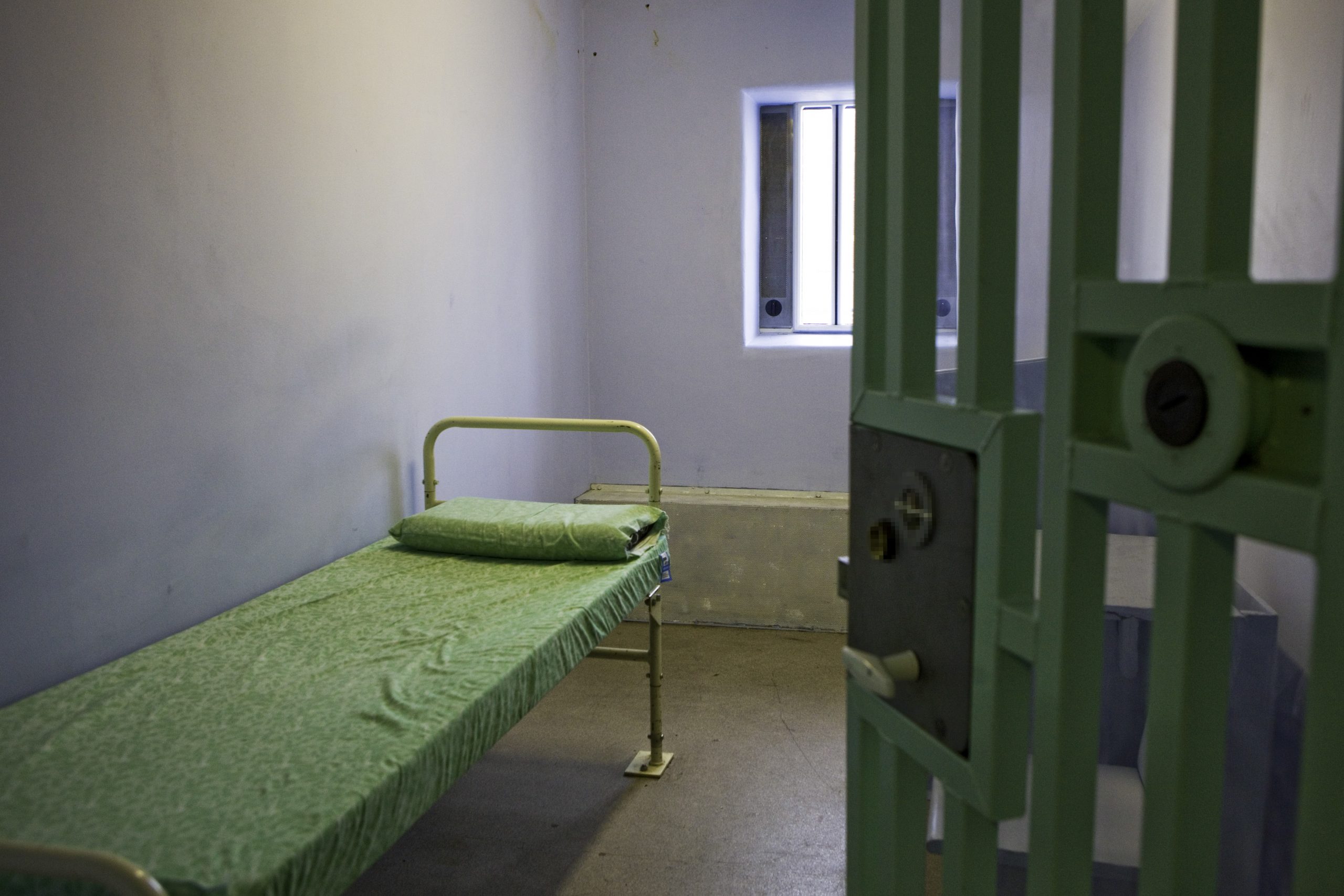A former chair of the Criminal Cases Review Commission (CCRC) has called the Law Commission’s proposal to scrap its controversial statutory test for referrals ‘a distraction’ and
argued that it is ‘absurd’ to suggest it created ‘a culture of undue deference or… submission’ on the part of the watchdog.
Writing for the New Law Journal, Professor Graham Zellick KC argues that the Law Commission’s headline proposal is wrong and that any test, however it was devised, was likely to throw up ‘substantial challenges’ arguing that the bigger problem was the ‘uneven tribunal’ that was the Court of Appeal with ‘limited experience’ of criminal law.
In its latest consultation paper, Professor Penney Lewis, commissioner for criminal law, said that the Law Commission had received persuasive evidence that the ‘real possibility’ test could lead the CCRC to ‘focus its investigations too narrowly and so neglect lines of inquiry that might exonerate a person’. ‘Rather than focusing on what the appeal court may do, we think the CCRC should first form its own view as to whether a conviction may be unsafe,’ she added – as reported here.
The CCRC is required by statute to only refer cases where there is a real possibility that the Court of Appeal would overturn such convictions – the test has been described as ‘a statutory stranglehold’ on the watchdog body forcing it to ‘second-guess’ the courts. The 2021 Westminster Commission on Miscarriages of Justice called for a new statutory test to replace the ‘problematic’ test reflecting the criticism that it had contributed to the CCRC being ‘too deferential’ to the Appeal judges.
Writing for the New Law Journal, Prof Zellick dismissed any notion that it led to ‘a slavish adherence to the Court of Appeal’s jurisprudence’ as ‘plainly wrong’. That said, he recognised the ‘real problems’ confronting the CCRC that had led to ‘a catastrophic loss of confidence’. ‘They include its budget, the role of the chair, the terms and conditions of commissioners, and remote working,’ he said. The legal academic did not hold back from criticising what he called the Commission’s ‘grotesque mishandling’ of the Andrew Malkinson case. But he argued that that failure owed ‘nothing to the ‘real possibility’ test and everything to a lamentable failure to understand the law and appreciate the significance of new DNA evidence’.
Prof Zellick argued that that test (‘and indeed any test’) posed ‘substantial challenges’ but suggested that the structural problem was not in the CCRC’s referral powers but with the courts. ‘The
Court of Appeal is an uneven tribunal; many of its judges have limited experience of criminal law,’ he continued. ‘The concept of the safety of a conviction can be elusive.’ He said that this was a particular problem in so called ‘lurking doubt’ cases where there is no fresh evidence. The Appeal court had ‘all but completely relinquished’ its ability to overturn such cases. ‘If it is to be corrected, it must start with the Court of Appeal, not the CCRC,’ it added.






